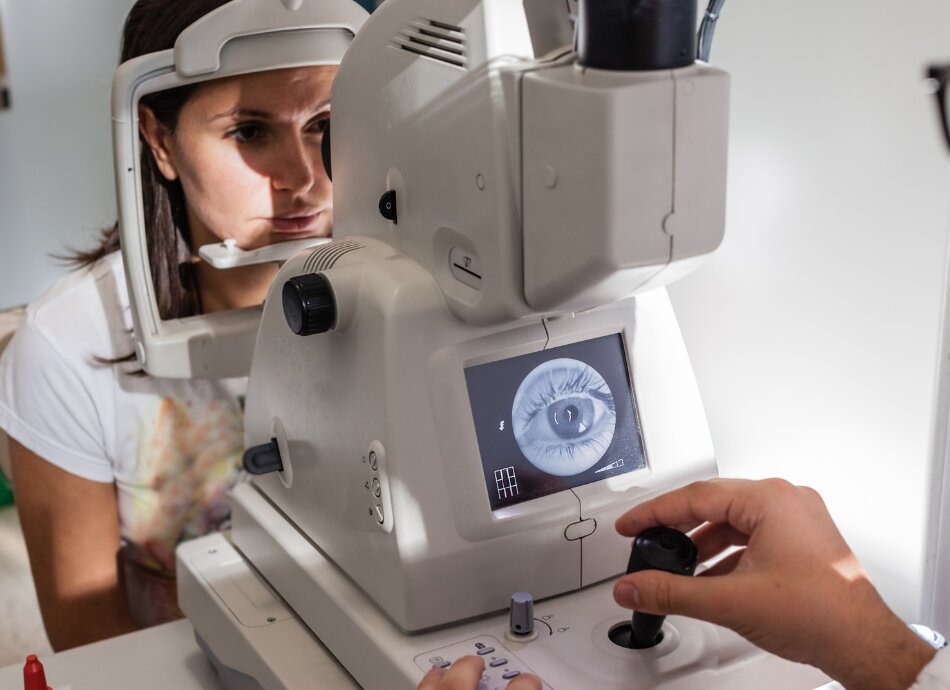According to the World Health Organisation, 75% of blindness in the world is preventable. Therefore, when you see an optometrist, you should expect to have a comprehensive eye examination. This will take time as there is a lot to cover.
Key elements of the process are:
- Questions about your age, state of general health, medical history, and family history of diseases such as glaucoma, diabetes and heart disease.
- An assessment of your colour vision.
- Tests of your eye muscles to make sure they move and coordinate properly.
- An assessment of pupil function and response.
- An assessment of vision and measuring a prescription for glasses.
- Measurements of the pressure in each eye.
- An assessment of your internal eye health, including retina, optic nerve, and blood vessels.
- An assessment of your external eye health including the surface of the eye, eyelids, and eyelashes.
- Visual field test to check for blind spots caused by eye disease or brain damage (eg, glaucoma or stroke).
- Discussion of your diagnosis.
- Discussion of the management options and treatment plans.
- Recording all information in your clinical record.






